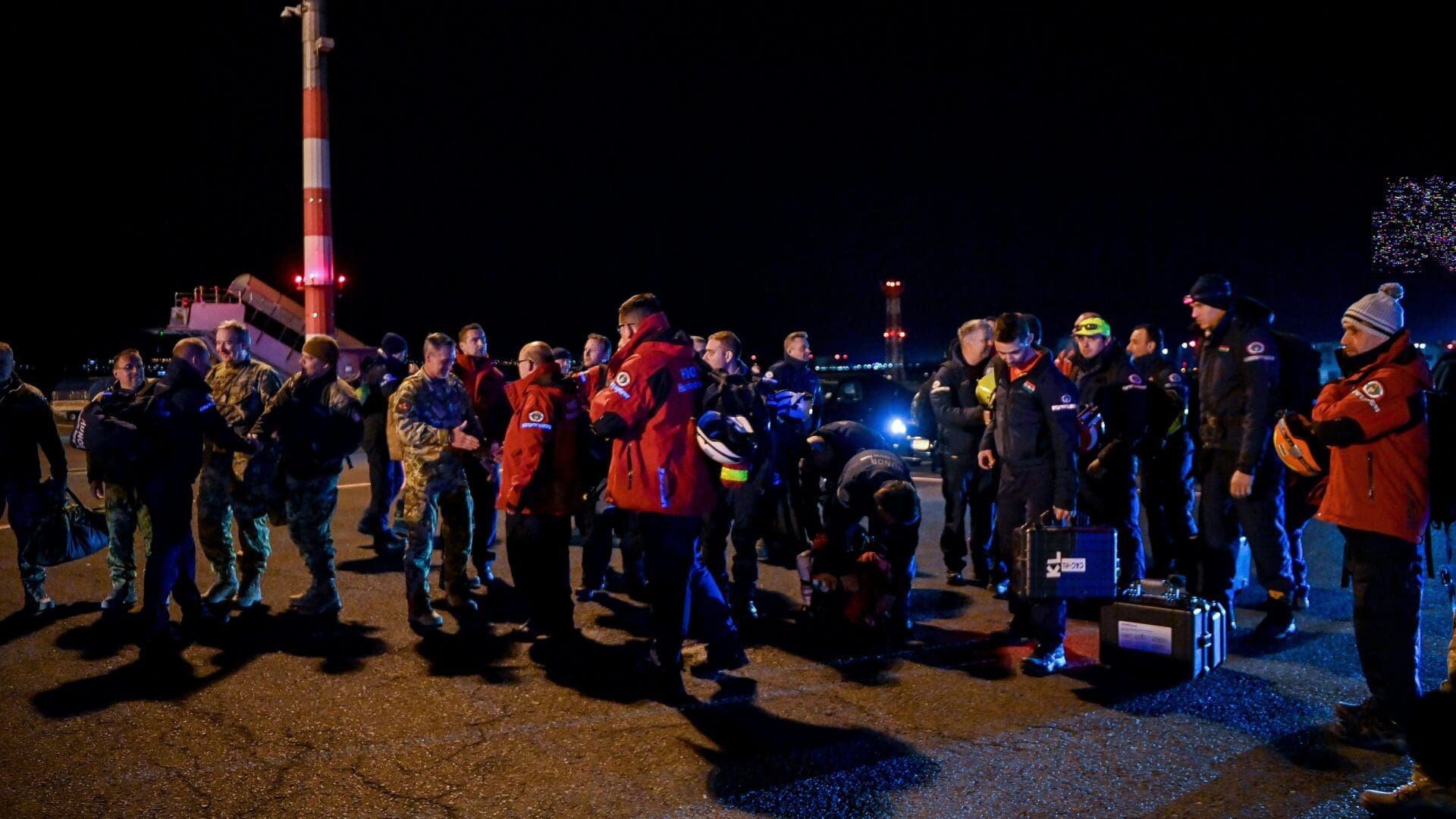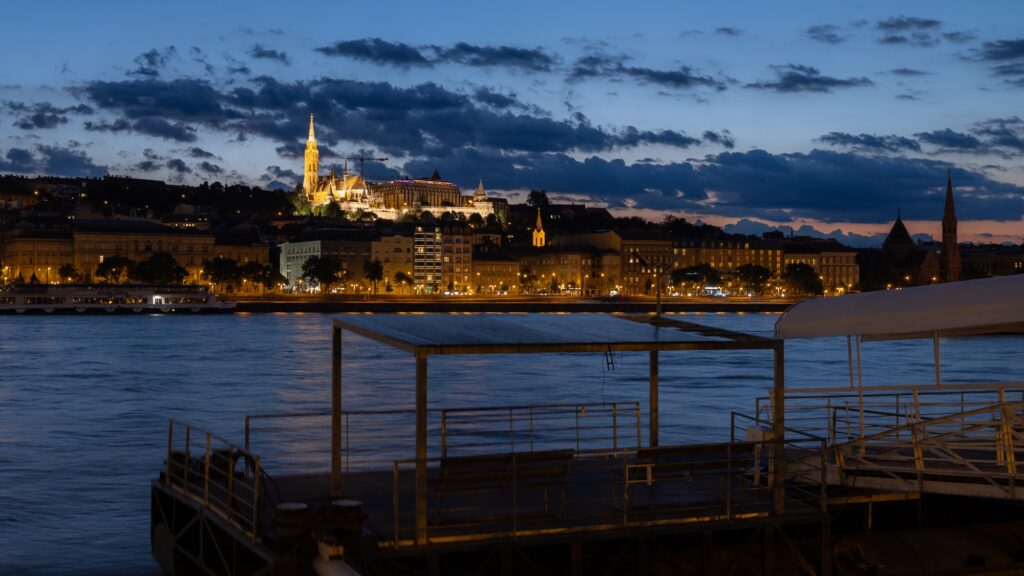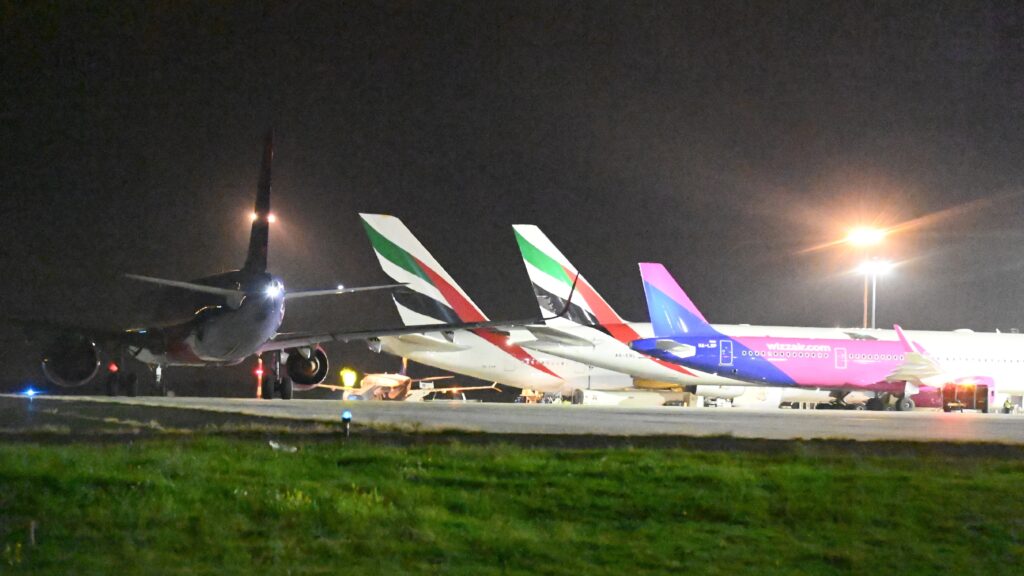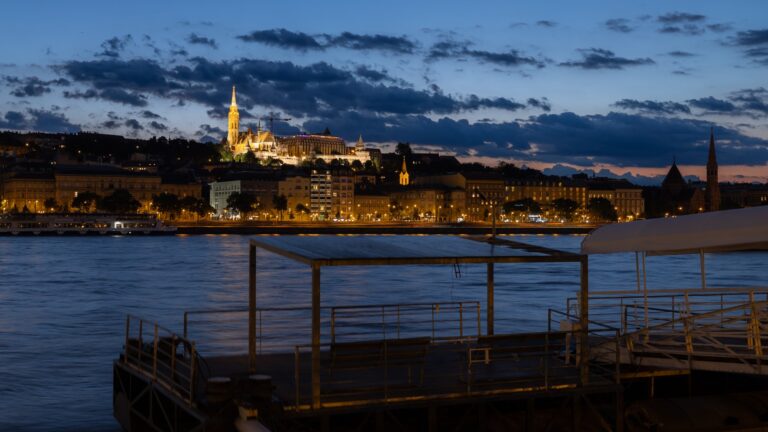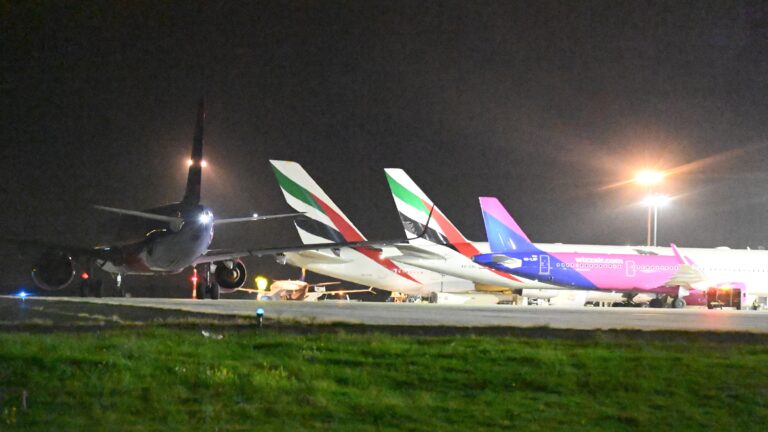As the recent earthquakes in Turkey and Syria demonstrate, the Anatolian and Arabian tectonic plates have historically been an unstable and destructive pair. This has left the region in a state of volatility that unfortunately is no less restive below ground than it is above. An article written by my colleague Wael Taji, which can be found here, details the disaster.
The earthquakes are the latest tragic act in a performance of destruction that has been played out in the region for over a decade. The stage for this cacophony of chaos has been set up in the Northern Levant. There, ISIS and al-Qaeda, clashing cultures, and regional powers vying for dominance are all actors performing to the detriment of local people, whose lives and livelihoods are merely incidental to the forces involved. The decade-long destruction has not paused even despite this latest natural disaster. Add in dismal winter weather conditions augmenting the frigid climate of the region’s higher elevations, and the stage was set for a truly tragic result.
Daunting as the challenges are in Turkey, the National Directorate General for Disaster Management’s search and rescue team HUNOR recently returned home to Budapest with success in hand. Their return was met with a personal welcome from Ministers of Interior and Defense Sándor Pintér, who lauded the team for their service in saving lives. With continued aftershocks, tremors, and additional earthquakes in the region, however, even more aid will be needed. More relief is desperately needed, and with HUNOR’s recent accomplishments and experience, they are yet again situated to play a vital role.
Should the Hungarians be deployed again, their efforts would no doubt again save lives and further boost Hungary’s global reputation. But serious challenges await them back in Turkey.
While the geological forces lurking below continue to cause destruction, the danger above ground has not quieted down either. Geopolitical forces both in and around the country remain potent, threatening to make the situation even worse.
To begin with, Turkey itself is a potential powder keg. The earthquake’s devastation has brought the matter of safety measures and building codes into the spotlight, as well as the tax revenues that have been levied to support such codes for roughly 20 years. The scandals reached as far as the office of President Erdogan, most prominently in conjunction with the release of a video of him taking credit for issuing amnesties upon companies suspected of neglecting to follow earthquake codes in major construction projects. The Turkish President’s legacy and credibility could potentially collapse right along with those buildings if the scandal is not resolved to the satisfaction of the Turkish public.
Erdogan’s arrests of political scapegoats don’t seem to be working so far. International headlines depicting crying voices falling silent under the rubble have brought emotions to a boiling point in the country—most particularly in the affected region of Turkey’s southeast, where ethnic Kurds, whose relationship with Erdogan was already rocky, make up an absolute majority in many cities and towns. All of this couldn’t have come at a worse time for Erdogan, given the upcoming Turkish elections that are just on the horizon.
For the survivors, the tragedy of those lost, and the realization that they may have been saved, could result in an overflow of emotions that will not wait until election day to be heard.
Along with domestic politics, regional affairs in neighbouring countries also have the potential to spill into Turkey’s already difficult situation, further complicating relief efforts by Hungary and the international community as a whole.
To the south, Syria’s tyrannical head of state, Bashar al-Assad, continues his bloody campaign against multiple insurgencies fought by a plethora of groups. His military has gone so far as to bomb towns only hours after they had been hit by the earthquake in an effort to wipe out White Helmet relief workers and resistance members desperately trying to save the lives of survivors, presumably on account of their opposition toward his regime. In addition to this cruelty, little to no support is coming from the world to Syria like it has for Turkey. Relief agencies and nations are unwilling to risk sending their people into an active war zone and seek to maintain economic sanctions against Assad’s regime for its crimes against humanity. They are also reluctant to wade into the chaotic conflict between Assad and the many groups currently controlling vast swathes of the Syrian north. Sadly, it is the Syrian people that suffer most from this state of geopolitical tit-for-tat, so Syrian frustration and anger continue to grow while aid pours into Turkey and not into their own country.
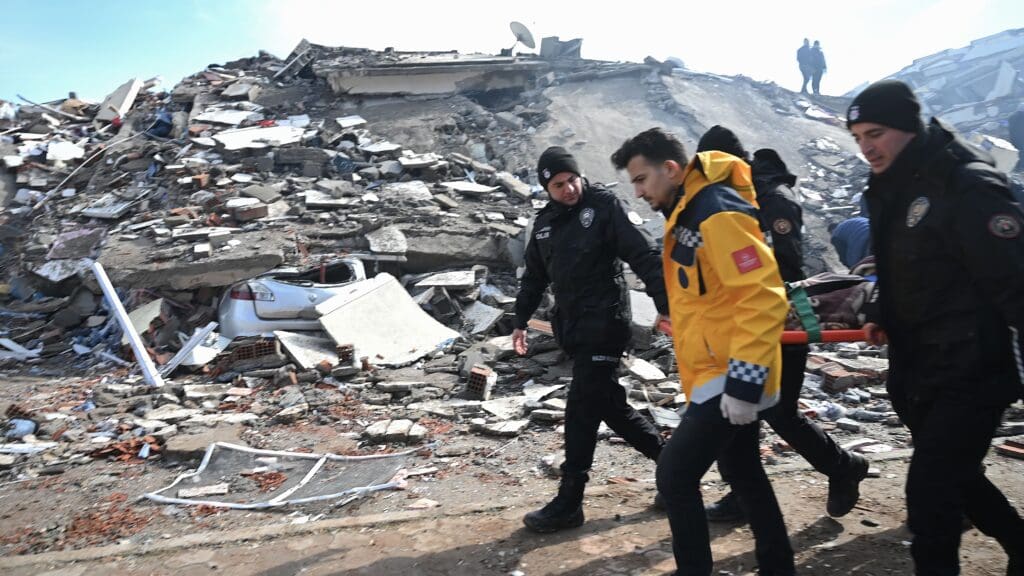
The scenario of desperate Syrians crossing into Turkey for aid has already begun to play out, and will likely go on. The influx of Syrian refugees will further stretch aid efforts, adding more mouths to feed and more people to clothe and shelter to the already high burden shouldered by aid camps in Turkey’s southeast. The possible resulting shortage of supplies and aid workers could result in tensions between different groups of survivors along ethnic or religious lines, potentially turning refugee camps into flashpoints of violence—a foreseeable addendum to the pain and suffering already present.
The earthquake is not the only lethal force threatening Turkey’s neighbours. Syrian refugees will likely not be alone when crossing the border. Rather, they will be shadowed by those who have amplified their suffering. Islamic extremists have persecuted the Middle East’s Christian population for decades, and are unlikely to stop in the face of the earthquake’s devastation. In Syria, ISIS and al-Qaeda-linked organisations such as Hayat Tahrir Al-Sham have targeted the nation’s Christian population, and are likely to see this disaster as an opportunity to continue their inhumane work. Refugees, weak from injury and malnourishment, who are gathered together in camps make opportune targets for extremist attacks, with the presence of Western aid workers providing a tempting bonus.
None of these dangers targets Hungarian aid workers directly, but there is always the possibility of being caught up in these affairs or of becoming collateral damage. Situational awareness helps to avoid both. The Hungarians face a dicey field to operate in, and foreign disaster relief missions are already challenging enough. However, I would argue that they are well-positioned to deal with the difficulties ahead.
First and foremost, the Hungarians are not working alone. This crisis has been met with a massive outpouring of international goodwill from around the world. The UN, USAID, the Red Cross and Red Crescent are among those who Hungary’s relief workers will be serving alongside as they strive to get the region back on its feet. When it comes to hostile areas of operation, there is strength in having a multitude of nations working together. International attention and increased security measures serve to protect them. Both dissuade trouble.
When it comes to its relations with Turkey, Hungary is a member of the Ankara-led Organization of Turkic States, a political-cultural bloc of seven nations with Turkish heritage. Hungary’s membership is derived from its days of partial assimilation during the Ottoman Empire, and of the similarity in language and culture between the ancient Hungarians and the ancient Turkic tribes prior to recorded history. The bloc’s influence is admittedly dwarfed when compared to the European Union, and indeed Hungary only holds observer status, but the organization is a personal passion project of Erdogan. He sees it as a vehicle to expand Turkey’s influence and gain a measure of regional power. A member nation coming to the leading country’s aid during a crisis will be one that Erdogan seeks to protect for the sake of image; both that of the alliance and his own.
On the matter of religious extremists targeting Christians, the Hungarians have unique background knowledge of this phenomenon.
Christian persecution has long been a focus of Hungarian international aid efforts.
The government position of State Secretary for the Aid of Persecuted Christians is a dual-hatted one. Its current caretaker, Hungarian politician Tristan Azbej, also administers the Hungary Helps Program, thereby streamlining efforts. The Middle East has been a focus of Hungary’s efforts in this field, through which they have gained valuable background knowledge. This prepares them for the challenges that Turkey and Syria pose. Sharing their experience with other humanitarian aid allies on the ground will build a more cohesive effort.
Ultimately, Hungary is a relative newcomer to the field of international aid work. While Hungarian goodwill has a long history, the many efforts structured by the government to contribute to humanitarian efforts across the globe are somewhat new, with official work beginning earnestly in 2016. Aid efforts in Turkey provide a crucible for Hungary to demonstrate itself as an effective operator in the world of humanitarian relief efforts, and as a country which—despite its size—can be taken seriously and attain respect across the developed and developing world.
Should these efforts prove successful, Hungary could perhaps position itself as a respectable leader in a complex field where competence is increasingly and desperately needed.

